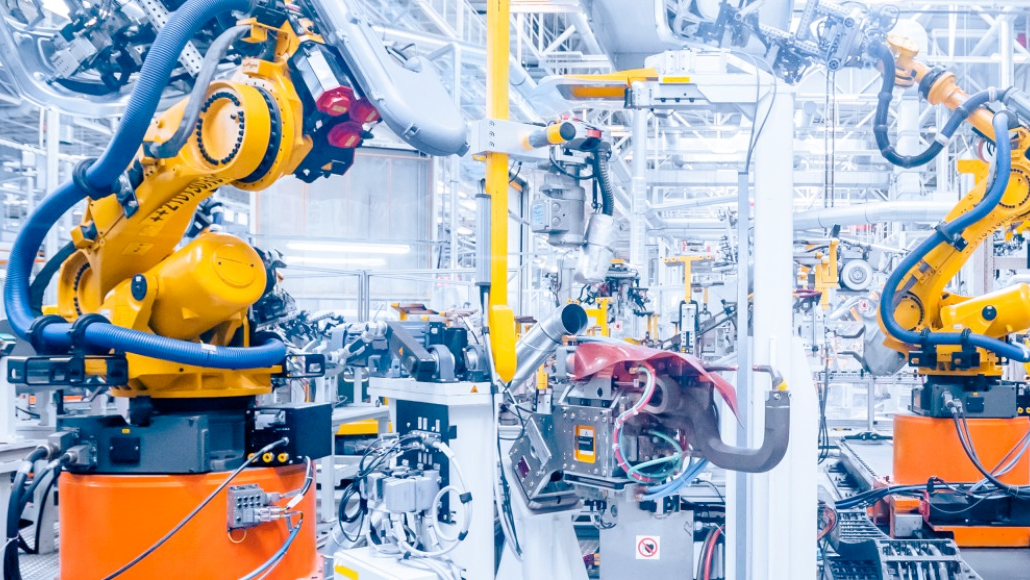31 MAY 2022
SDU behind database for robot assembly: Industrial companies must learn from their own and other companies' data
A new approach for gathering robotic experience from industry, so companies don’t have to start from scratch every time they need to put robots into production, has been launched – SDU is leading the project, which shall make better use of robotic data.
As robots and automation solutions increase in industrial companies, plans and project descriptions grow in numbers, often ending up in a digital folder on a company PC – if such data is stored at all. In most cases the data is never to be used again.
So is the reality today, but in the future, established solutions for automation, robots and data produced during the production process shall be reused, possibly even from other companies. In that way, companies do not have to design the complete solution from scratch themselves.
This is the ambition of the ReRoPro project (Re-Use of Robotic-data in Production through search, simulation and learning) which is funded by the national research centre DIREC and led by the Mærsk Mc-Kinney Møller Institute at SDU.
– Big data is already being used in the IT-field, where it has been crucial for developments in areas such as facial or object recognition. In the robotics field, there is great potential for gathering data and experience from companies that have already adopted new technology and automation in their production, says professor Norbert Krüger from the SDU Robotics at the Faculty of Engineering.
– Today, each company stores robot data – if at all – in their own format, but such data could just as well benefit others so that we can spread the use of robots and ultimately maintain or even attract production back to Denmark, he says.
Giants onboard
SDU is behind ReRoPro, together with Aalborg University and University of Copenhagen who also are partners in the DIREC project. The project also includes two Danish industrial giants, Novo Nordisk and Rockwool, the robotics company Nordbo from the Funen robotics cluster and the Allerød based company Welltec. Odense Robotics and MADE are also partners.
The ambition is to create a structure for a database with the help of the companies. We aim to gather information from existing solutions in such a structure that makes it possible to reuse or be inspired by that data when creating their own solution, says the SDU professor.
Novo Nordisk and Rockwool are already on board, but the intention is to get even more companies involved, Norbert Krüger stresses. That’s why a conference is planned for 8 September, where he hopes many industrial companies will come forward.
– For a lot of companies, this kind of data is considered a company secret, so we need to find a way how they can learn from each other in a safe environment. At the same time, we want to know more about what companies need out in the field so that we can take that into our work, says Norbert Krüger.
Initially, the project will run until autumn. Still, the plan is to outline a plan and invite industry along – via the conference – so that funding can then be secured for a significant research project based on the initial work, which is starting now.
FACTS
ReRoPro (Re-Use of Robotic-data in Production through search, simulation, and learning).
A new DIREC project headed by SDU in Odense with Aalborg and Copenhagen Universities involved. The ambition is to include many companies and already now the two Danish industrial giants, Novo Nordisk and Rockwool, and the robotics company Nordbo from the Funen robotics cluster as well as Welltech from Allerød are on board. Odense Robotics and MADE are also partners.
The initial project, funded by Innovation Fund Denmark, is to establish a structure for the database within six months, after which the ambition is to follow up with a larger project building the actual database and storing big data.
On 8 September, a conference is planned to gather companies and potential partners to discuss the ambitions and needs of industry.




